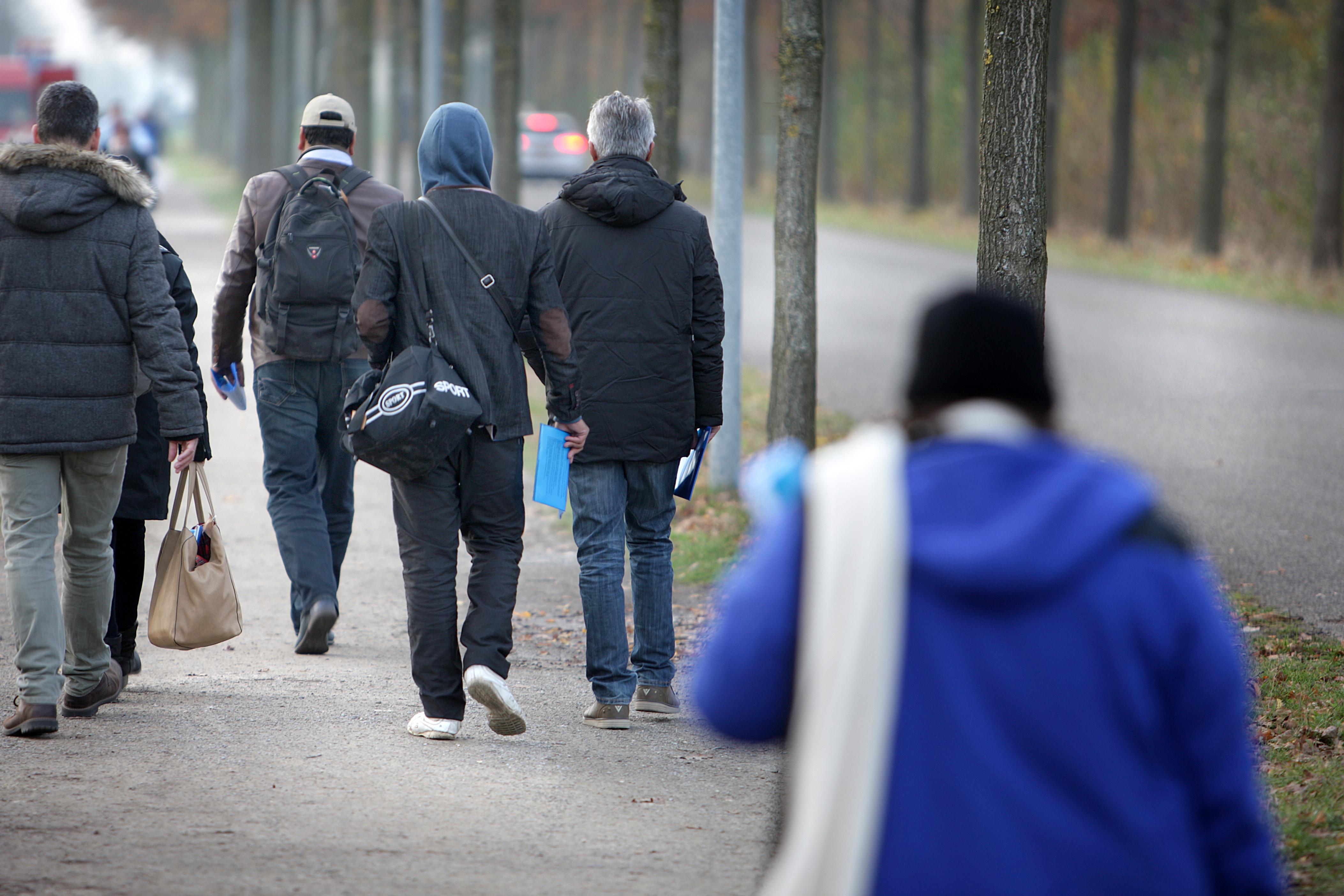When can a person submit a new residence application?
People can always submit a new application, for example, if the person concerned believes that the situation in the country of origin has changed or because personal circumstances have changed. As an example, it may happen that it has become less safe in the country of origin or that someone has medical reasons that prevent this person from returning. Besides, sometimes people submit a new application because they cannot or do not want to accept the fact that they have to return to their country of origin. By the way, these types of applications do not have much chance.
Can anyone submit a new residence application over and over again or is there a limit to the number of times this is legally allowed?
There is no limit to the number of times people can submit a new residence application. However, if the applicant in question does not submit any new information, changed circumstances or new documents to substantiate the new application, the IND will process this repeat request as quickly as possible and the decision will remain the same: the application will be rejected. People can also submit a new application for a different type of permit, with a different purpose of residence. In such case, the normal processing time for that type of application usually applies.
Does 'accumulation' only concern repeated applications for the same type of permit?
No, it does not. After the negative decision on an initial residence application, someone can choose to apply for a different type of permit with a different purpose of residence. In that case, it is a subsequent procedure, regardless of the fact that it concerns a different type of application. This is the case, for example, if an application for an asylum permit has been rejected, and the applicant concerned tries to obtain a residence permit to study in the Netherlands.
Is 'accumulation the reason why applicants sometimes have to wait several years for a final decision on their residence permit?
There can be several reasons why people sometimes have to wait a long time for a decision. In general, when it comes to an application for asylum, it is common for the applicants to wait longer than 15 months for a decision on the application for asylum from the IND. This is mainly due to the fact that for years, more of these types of applications have been submitted than the IND can decide on.
In the event that the initial application has been rejected, the IND can also assess a limited number of other grounds than those on which the application was based. For example, in the event of a rejection of the initial asylum application, the IND can assess whether medical circumstances form the grounds for postponing the departure. The IND can also assess ‘ex officio’ whether the presence of a family member in the Netherlands constitutes grounds for permitting residence on the basis of Article 8 of the ECHR, the right to family and private life.
Where it is considered that the applicant has a right to residence on the basis of Article 8 ECHR, a residence permit can be granted on that basis. In that case, the person does not have to submit a new application. This may result in the assessment of an initial application taking longer. This additional power of the IND is intended to prevent the accumulation of procedures.
Furthermore, in the event of a harrowing situation, caused by several special circumstances together for the applicant, a first residence procedure can be used to assess what is called ‘harrowing situation’
If the first application has been rejected, applicants can appeal and then appeal to a higher court. The IND can also appeal. This can happen, for example, because the court has upheld the applicant's appeal, the IND disagrees and the ruling can also have consequences for other cases. The workload at courts and the Council of State can also increase; that can also be a reason why people sometimes have to wait for a longer time for definitive clarity about residence in the Netherlands. For all these reasons, it can take a long time before the first procedure has been completed. Then the applicant can choose to submit a new application, as explained above.
In addition, one of the reasons why people stay in our country for a longer period of time is because the person concerned does not comply with the imposed departure obligation after the IND has made an irrevocable decision on a residence application. These people then remain illegally in the Netherlands because they do not have a residence permit. Sometimes, they also submit a new application after a while, for example shortly before they are to be deported to their country of origin.
How often does the 'accumulation' of procedures occur?
We do not know exactly how often it happens that people start multiple procedures in a row. We keep track of this in individual files of applicants, but not in the overview figures.


